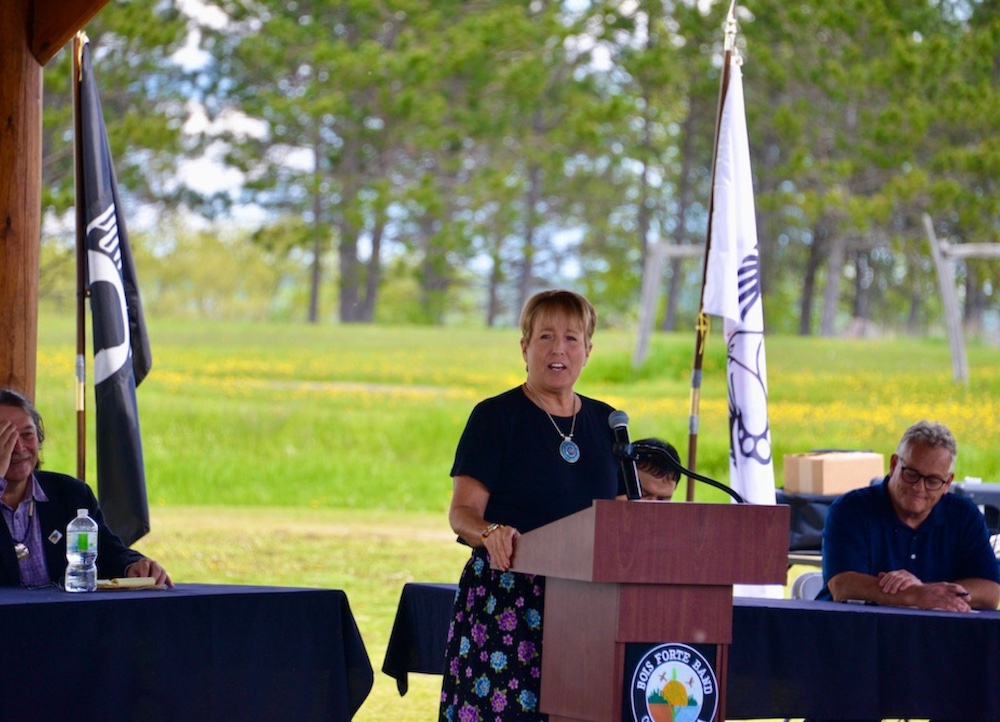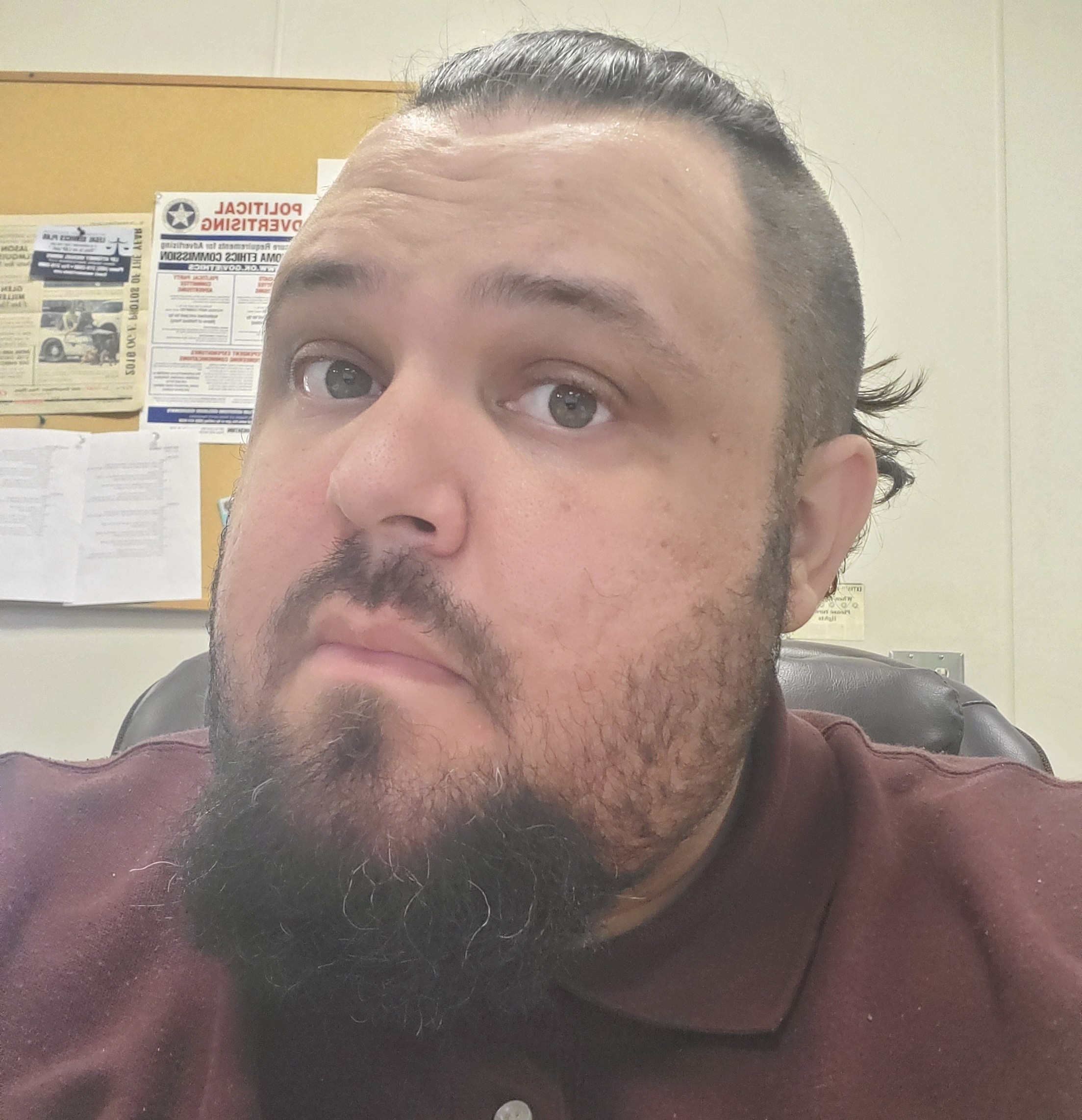
- Details
- By Chez Oxendine
Bois Forte Band of Chippewa Indians Tribal Chair Cathy Chavers announced she will step down at the end of January to focus on her mental health.
The decision marks the end of nearly 50 years of service to the Bois Forte Band, including stints in tribal health care and as a council member before winning the tribal chair position in 2016. Chavers won her third term as chair in June 2024. Bois Forte Tribal Vice Chair Shane Drift will serve as acting chair until the seat is held.
According to her bio on the tribe’s website, Chavers currently serves on multiple boards and committees across the state, including positions as the first female president of the Minnesota Chippewa Tribe and the Bemidji Area representative of the Indian Health Service (IHS) budget forum. She is also a member of the Minnesota Indian Affairs Council, and the St. Louis County Public Health and Human Services Advisory Board.
“I’ve worked for the Bois Forte Tribe for 47 years and have always told others to take care of themselves, but I never followed my own advice,” Chavers told the local ABC-TV affiliate. “I’m just mentally exhausted—tribal government and politics are tough, and it was time for me to take care of myself.”
During her tenure as chairwoman, Chavers led the tribe through major events, including rebuilding a burned-down government center and managing the COVID-19 pandemic. In 2022, she helped secure the return of 28,000 acres of ancestral lands through a partnership with the Indian Land Tenure Foundation and the Nature Conservancy nonprofits. The transfer remains the largest such return in Minnesota history and one of the largest such land returns in the history of the United States.
Chavers doesn’t plan on leaving service altogether. She told the Minnesota Star-Tribune that while she wants to work off-reservation for her next chapter, she still hopes to improve education and health-care outcomes for her tribe.
“I’ve worked on my reservation my whole life,” Chavers told the Tribune. “I love working for the tribe, but I’ve never worked off the reservation.”
More Stories Like This
Native News Weekly (August 25, 2024): D.C. BriefsUS Presidents in Their Own Words Concerning American Indians
Federal Judge Orders ICE to Halt Use of Pepper Spray, Arrests of Peaceful Protesters in Twin Cities
Tunica-Biloxi Cultural Leader John D. Barbry Walks On
Next on Native Bidaské: Federal ICE Activity in Minneapolis: Ruth Buffalo’s Perspective
Help us defend tribal sovereignty.
At Native News Online, our mission is rooted in telling the stories that strengthen sovereignty and uplift Indigenous voices — not just at year’s end, but every single day.
Because of your generosity last year, we were able to keep our reporters on the ground in tribal communities, at national gatherings and in the halls of Congress — covering the issues that matter most to Indian Country: sovereignty, culture, education, health and economic opportunity.
That support sustained us through a tough year in 2025. Now, as we look to the year ahead, we need your help right now to ensure warrior journalism remains strong — reporting that defends tribal sovereignty, amplifies Native truth, and holds power accountable.
 The stakes couldn't be higher. Your support keeps Native voices heard, Native stories told and Native sovereignty defended.
The stakes couldn't be higher. Your support keeps Native voices heard, Native stories told and Native sovereignty defended.
Stand with Warrior Journalism today.
Levi Rickert (Potawatomi), Editor & Publisher


